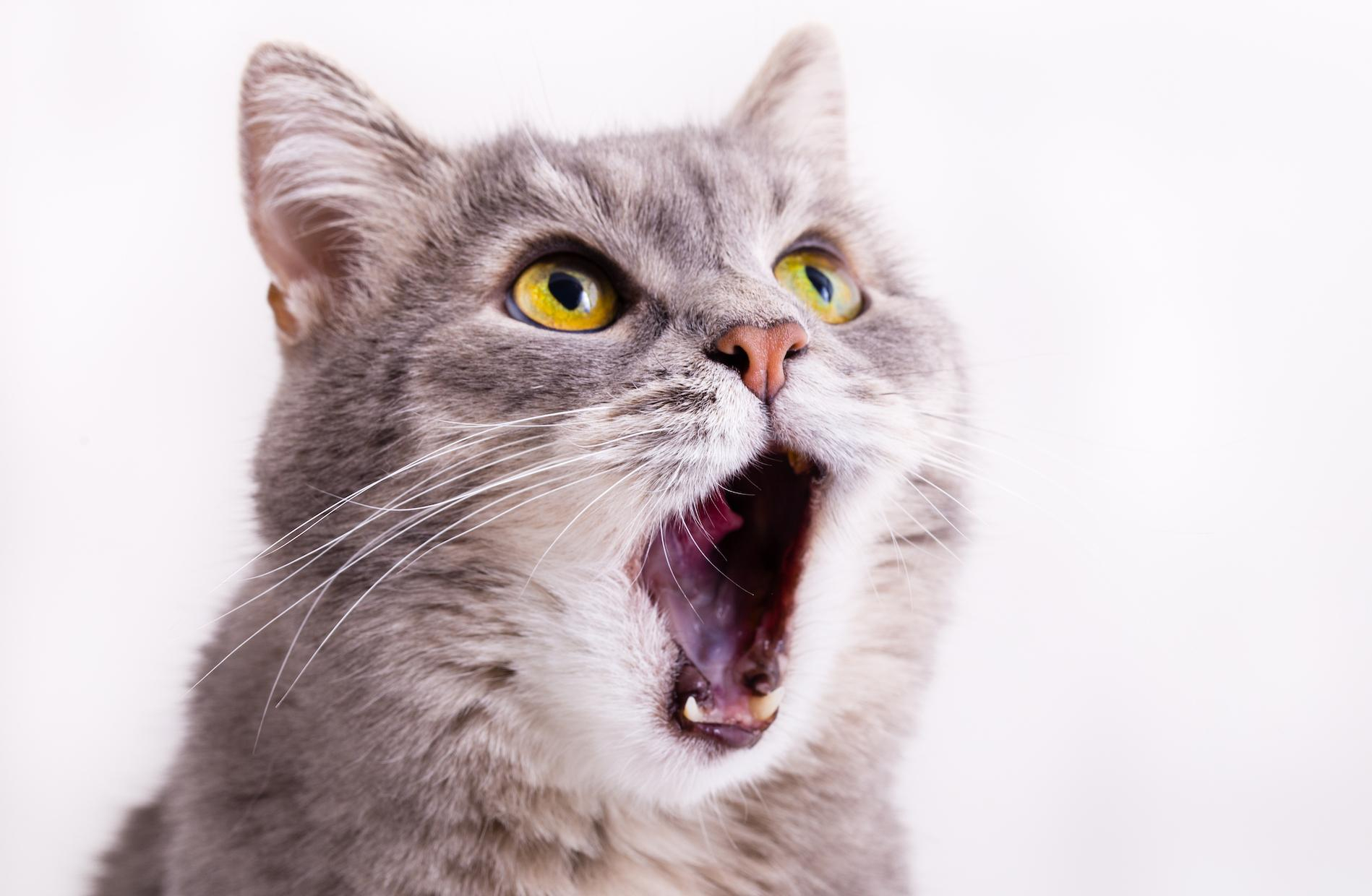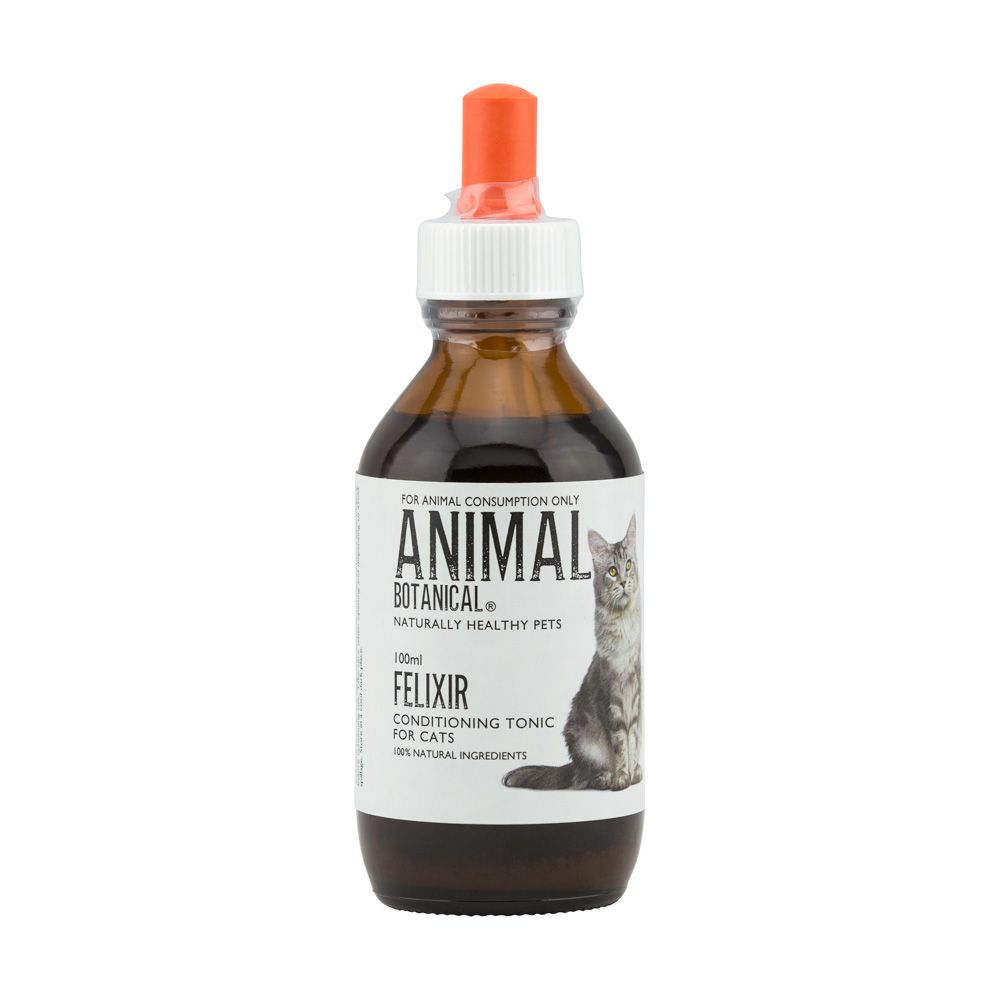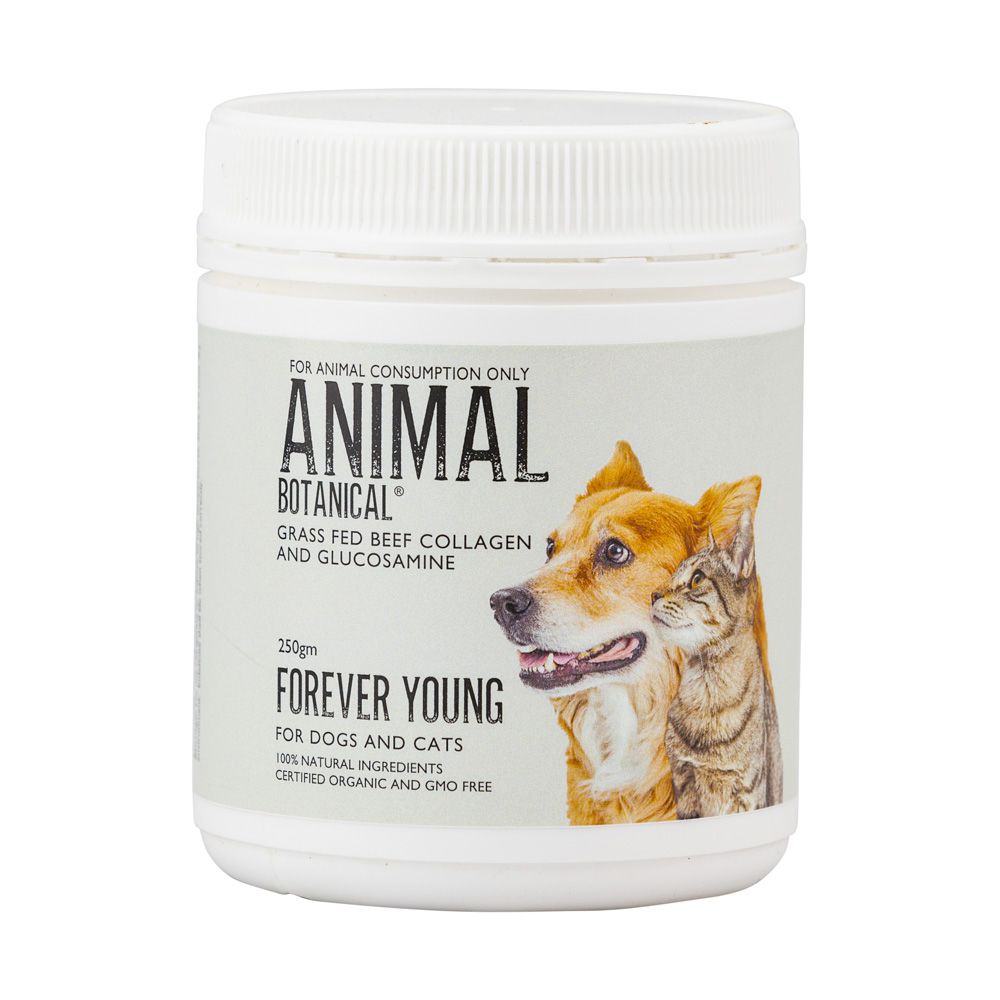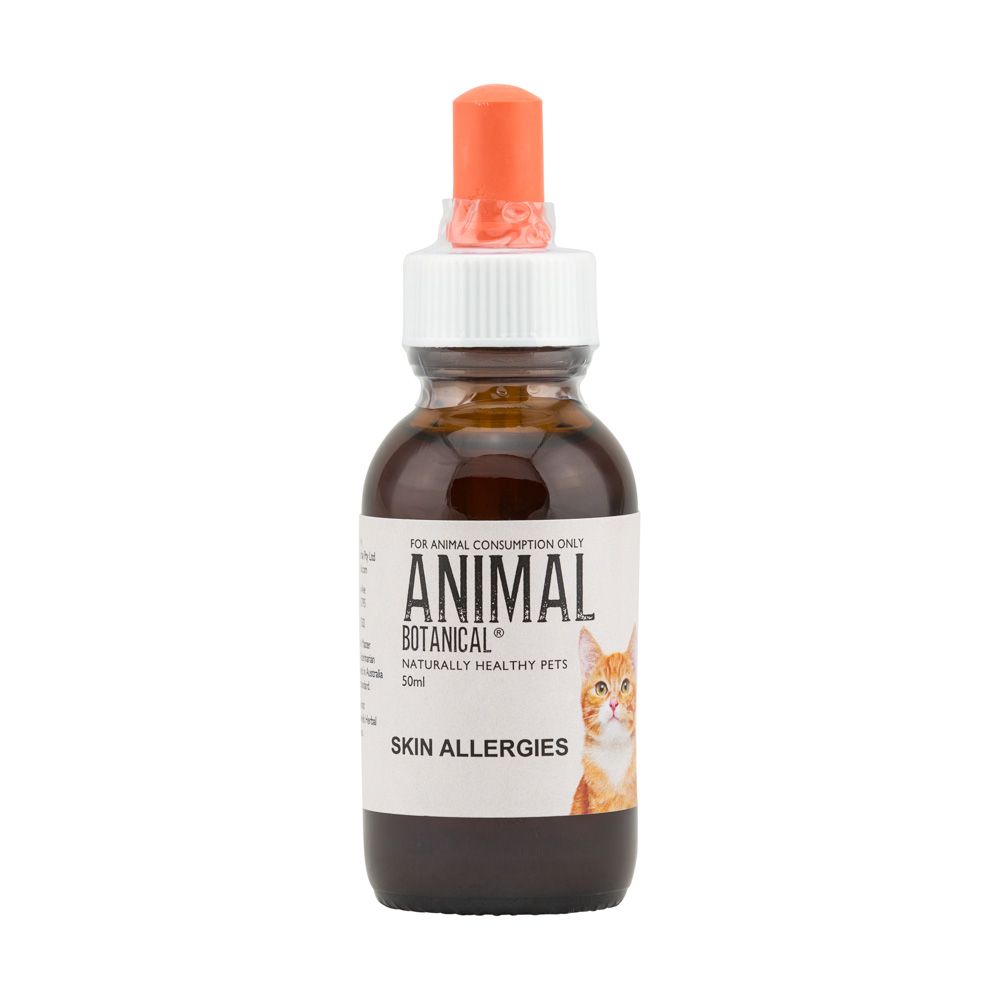The truth is, that McDowells treats fewer cats than dogs, which we think is a reflection on our feline companions being generally healthier than canine ones...

Cat lovers would say "Of course they are healthier they have more sense and they know how to look after themselves better!".
I think I would agree to all this, although it seems to me that cats are better at leading double lives. In our sight they are totally domesticated, but out at night for example, they are totally the opposite. They change into natural hunters and predators and are able to supplement their commercial food diets with "God only knows what".
Dogs are mostly denied this freedom.
As a herbalist, I have noticed a dramatic rise in 20th century illnesses like cancers and other immune systems diseases in dogs who now closely follow humans in the frequency and variety of cancers they suffer from. Cats, sadly, are also beginning to catch up (as too are horses).
(As a side note, we do not encourage or recommend that cats are left to roam freely at night. For protection of bird life, small possums etc. consider the use of a suitable enclosure with ramps and some have access to window to be able to get back in the house.)
The five most common health issues in cats:
Renal failure
Kidney failure, also known as renal failure, can be caused by a number of reasons. There are two types of kidney failure in cats; acute renal failure and chronic kidney failure. Acute Renal Failure occurs quite suddenly, within days or weeks. It can happen in cats of any age and typically results from poisons, disorders, diseases, organ failure, medications and but can be reversed if caught in time.
Chronic Kidney Failure, the kidneys gradually stop working over a longer period of time and lose the ability to filter the blood of toxins. This type of kidney failure can lead to total kidney failure.
Feline Cancers
We are treating more and more of these in cats lately and I use exactly the same approach as I use with dogs.
Feline lymphoma (malignant lymphoma, lymphosarcoma) is probably the single most common cancer that affects cats.
Melanomas can arise from either deeper or surface layers of skin or the fibrous or fatty tissues. Most benign tumours grow slowly, are well defined and do not appear to be inflamed whereas malignant ones may grow rapidly, ulcerate and can invade adjacent tissues.
Ear tumours are growths associated with the ear. The most common include squamous cell carcinoma, adenocarcinoma and basal cell tumor. Depending on the tumor type there may or may not be an underlying cause. Chronic inflammation may predispose to tumour formation and prolonged sunlight exposure may predispose certain tumours.
Parasitic infestations
Fleas, intestinal worms (roundworm, hookworm, heartworm, tapeworm and flukes), mange (caused by mites) and ticks are all issues that arise for cat owners.
Heartworm in cats is a potentially fatal problem, caused by parasites. The parasites are transmitted to your cat by mosquito bites, which deposits the heartworm larvae on the cat's skin. Just one heartworm can cause serious injury or death.
Skin conditions
Scabies, ringworm, Feline miliary dermatitis, mange, abscesses, fur loss and even feline acne can be issues for cats.
Environmental allergies can also be a trigger for skin issues in cats. Being quite sensitive, cats can also experience stress-induced alopecia - behaviour in the cat can change, leading to excessive grooming.
Feline miliary dermatitis is not really a specific disease itself but a set of symptoms which can be caused by a vast number of diseases. The term is used to describe a skin condition in cats that most commonly results from an allergic reaction.
Scabies is a progressive and uncomfortable disease for cats, as they are not the easiest of patients. It is officially known as Notedric mange (Notredes cats) and caused by the mite Notoedres cati. Humans do not catch scabies from cats (scabies mite does not survive or reproduce on humans) but causes “mange” in animals
Digestive diseases and problems
Digestive system diseases could be caused overeating, poor-quality food, chemicals in the environment, foreign objects being chewed and swallowed. We commonly see gastric ulcers or inflammation too. Parasites are a frequent cause of digestive tract disorders in cats.





